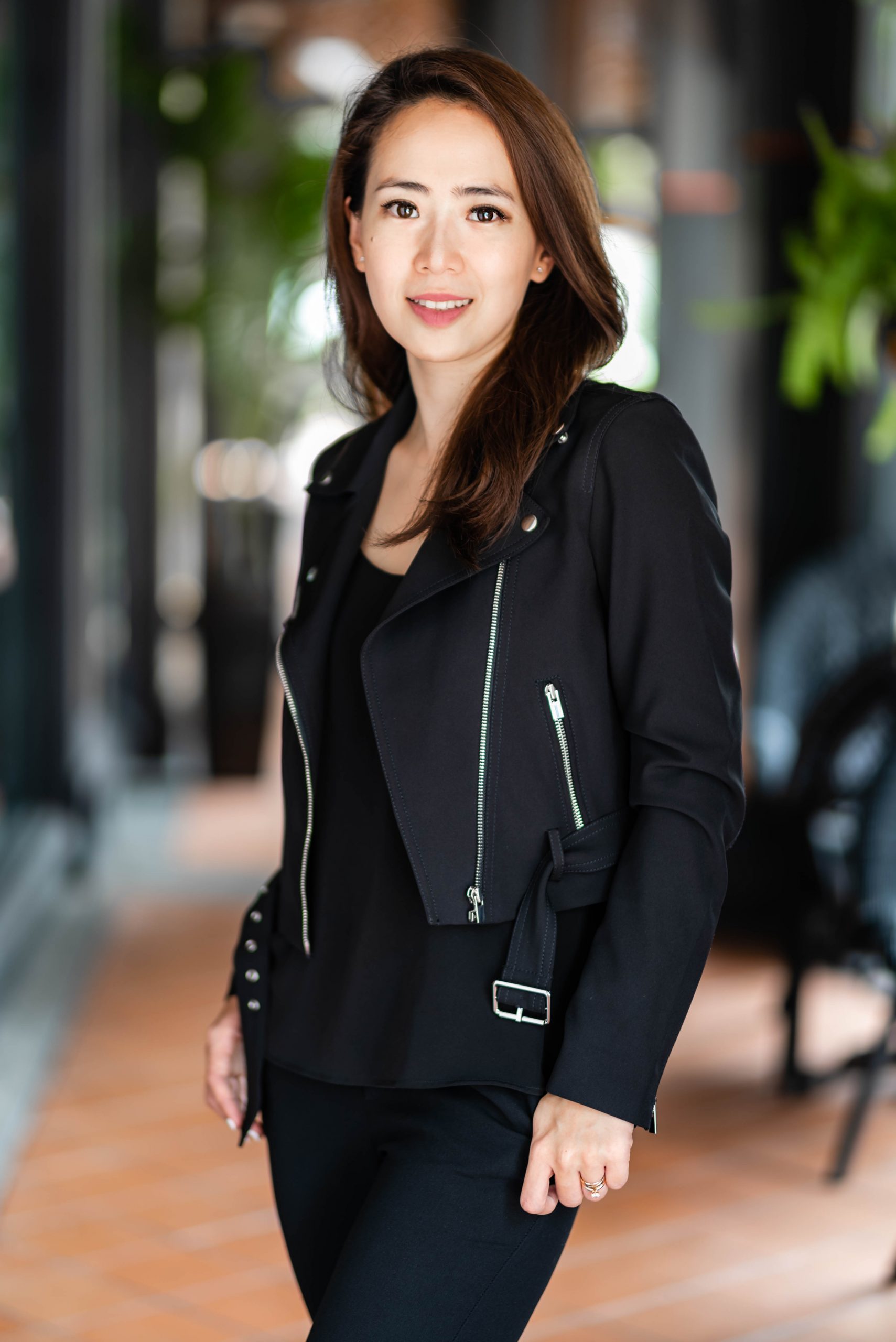Head of Indonesia at Golden Gate Ventures
Founder of an e-commerce development startup, Dea jumped to the “other side” with Golden Gate Ventures; a Southeast Asia-focused venture capital enterprise that is part of a global coalition of venture funds to address the gender funding gap.
Dea spent six years in a high-disciplined all-girls school, where an untidy pair of socks could expose her to sanctions. But it also made her ignore the traditional boy-girl codes most teenagers experience at school. She focused on finding her own road to success and self-achievement, not the one that society expected from her.
Dea tried her hand at a variety of jobs. After studying journalism in the United States, she started out as a news producer in a TV station in Missouri and then had a bash at public relations and digital marketing, before finding her pursuit in building tech enterprises. “Tech” suddenly became the new “hot commodity” in the early 2010s following the global financial crisis. Dea decided to ride the wave too and co-founded an e-commerce development house. As two young female tech business providers in a competitive male-dominated industry, Dea and her co-founder’s business credibility was often questioned. Dea remembers how she would often try to make herself look older and tougher, when meeting investors or clients.
Golden Gate Ventures (GGV) was founded by an all-male trio of entrepreneurs turned investors from Silicon Valley, and they recruited Dea to launch them in the alluring Indonesian tech market. She is now leading GGV’s operations in Indonesia, where the nine-year-old VC has invested in nearly 30 internet & mobile startups across many sectors, but so far only one Indonesia-based startup is female-founded. In 2018, Golden Gate pledged to deploy a total of $380 million of capital towards women-led enterprises by 2020, as part of the Billion Dollar Fund for Women which was launched in Bali by US-based funders. But the gap persists and Dea still cannot explain why. “I guess we are still on the learning curve of our gender lens journey”, she says.
Women nonetheless play a substantial role – most of GGV’s investees are addressing fast-growing sectors that impact women’s livelihoods. For instance, the specialised e-commerce startup Orami describes itself as the “online shopping destination for women in Southeast Asia”. Women are also the main beneficiaries of Alodokter’s services, a platform offering medical information and online consultations. Applying a gender lens to BukuWarung’s market, a startup providing digital bookkeeping services to micro and small merchants, shows that 64% of micro, small and medium sized enterprises in Indonesia are managed or owned by women. Chili Beli, a community-based e-commerce startup for daily products, empowers housewives by giving them the opportunity to become part-time agents to distribute fresh groceries in their peer groups.
“The Indonesian middle class is growing fast and some sectors still have to catch up with the demand, especially healthcare and education. Women represent 80% of household purchasing decisions. Understanding the needs of these consumers is a prerequisite for businesses willing to expand” Dea says.





